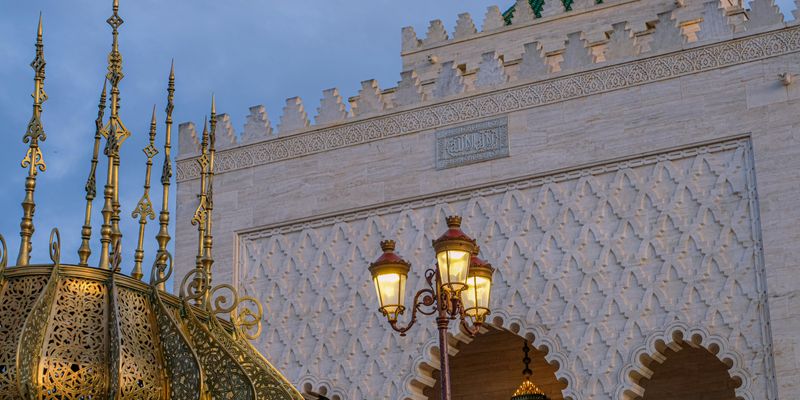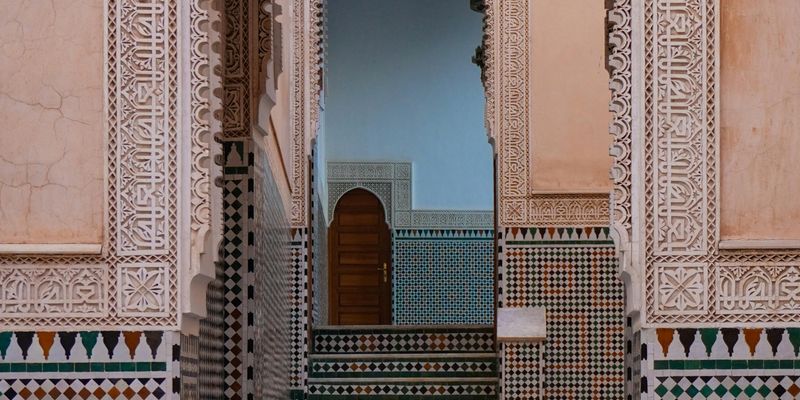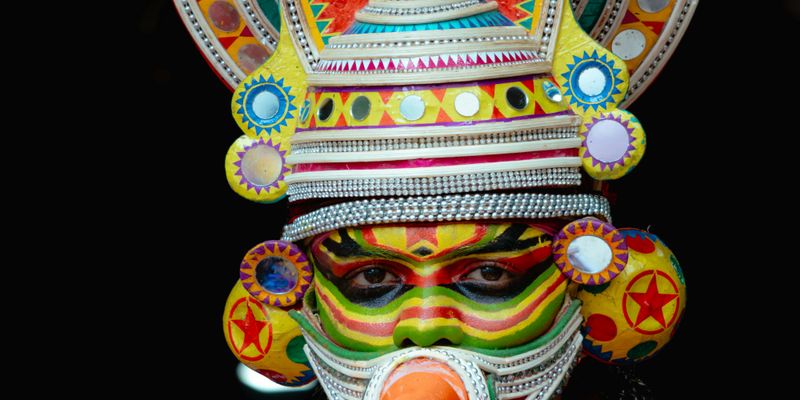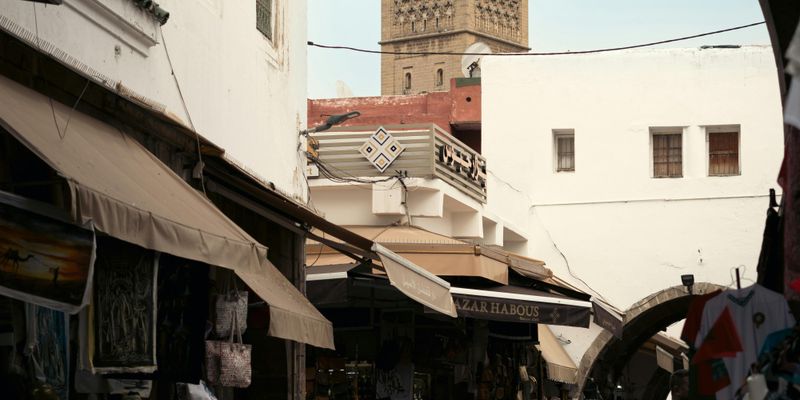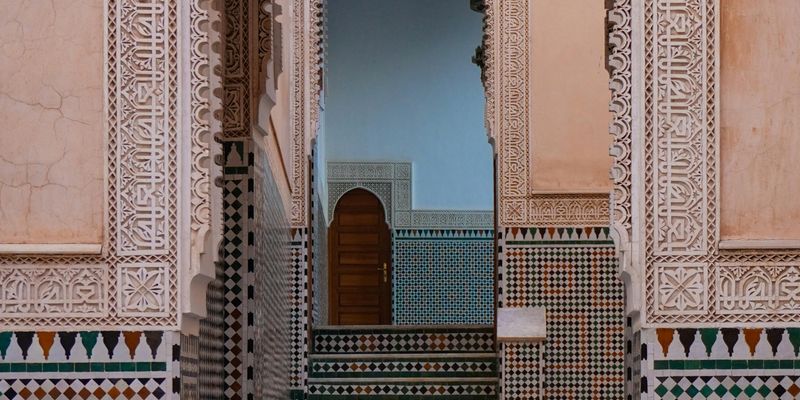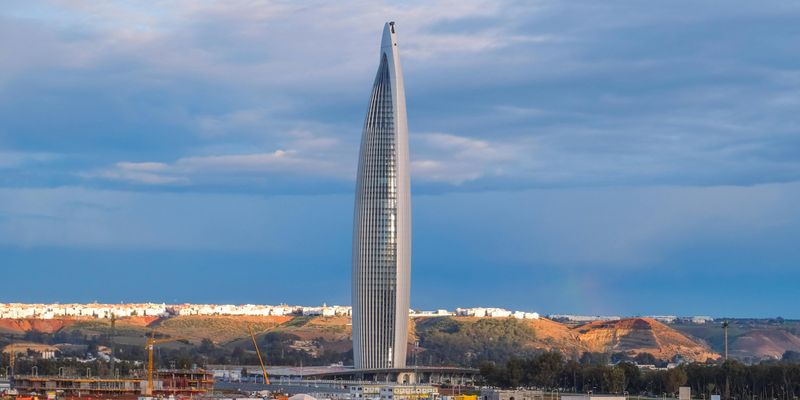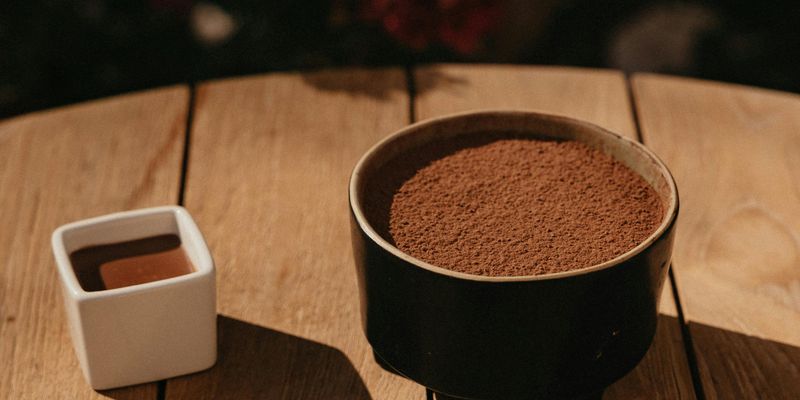
Why Moroccan Cuisine is a Journey in Every Bite
If you’ve ever had the pleasure of tasting Moroccan food, you’ll know it’s more than just sustenance; it’s an experience steeped in culture, warmth, and history. From bustling street markets in Marrakech to family gatherings in cozy kitchens, Moroccan cuisine invites you on a culinary journey that tantalizes your taste buds.
A Symphony of Flavors
What makes Moroccan cuisine so special? It’s its unique blend of spices. The famous ras el hanout, a tantalizing mix of spices, provides a glimpse into our culinary world. Each family has its secret recipe that can include up to 30 ingredients, showcasing the depth and variety of flavors that are the essence of Moroccan cooking.
Culinary Heritage
Our cuisine is a melting pot of influences—the Berbers, Arabs, and the Moors all have left their mark. Traditional dishes like tagine, which is stewed slow-cooked meat with vegetables served in a conical pot, or couscous, made from semolina wheat and often served with meat and vegetables, encapsulate this rich history. It’s common in Moroccan homes to enjoy these dishes during family meals, symbolizing unity and togetherness.
The Art of Sharing
Meals in Moroccan culture are often served on communal platters, encouraging family and friends to gather around and share. This practice cultivates a sense of belonging and community, reflecting our traits of hospitality—known in Arabic as daafa, where we treat guests as family. The meal is often accompanied by mint tea, a ritual that enriches the dining experience, symbolizing respect and friendship.
Street Food Adventures
When exploring Moroccan cuisine, one cannot forget the vibrant street food scene. Cities like Marrakech and Fes boast lively souks filled with stalls offering delicious treats such as brochettes (grilled skewers), merguez (spicy sausages), and delightful pastries, including the famous baklava and pastilla, a savory-sweet pie traditionally filled with pigeon or chicken and dusted with powdered sugar.
Join Us in Our Culinary Tradition
As someone who has experienced the beauty of Moroccan cuisine, I invite you to savor this journey. Whether you’re browsing local markets, participating in a cooking class, or enjoying dinner with a Moroccan family, you’ll discover how food transcends mere nutrition. It’s a celebration—a connection to our past and a bridge to the future.
Next time you sit down to a Moroccan meal, remember: you’re not just tasting food; you’re tasting history, culture, and passion—all in one bite.
